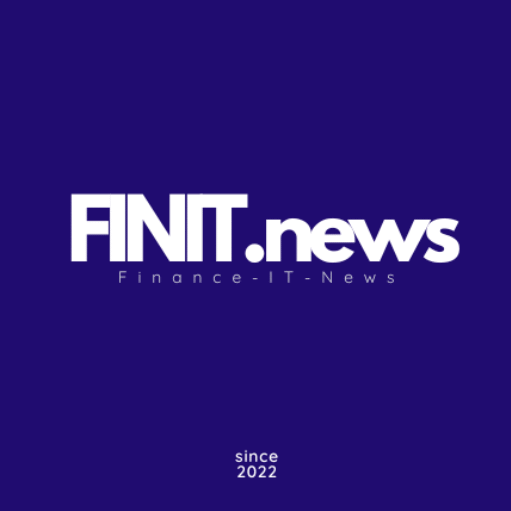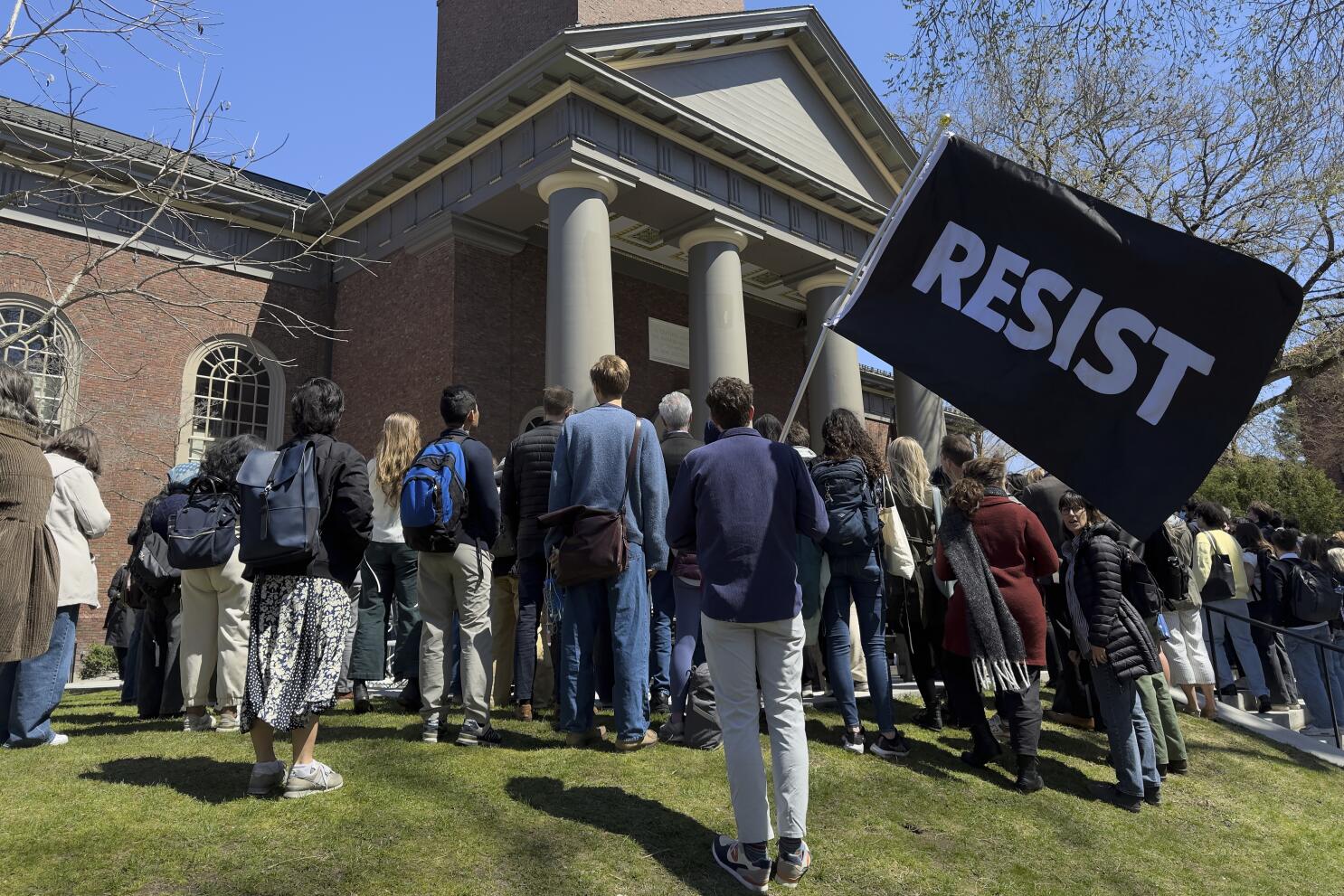In a confrontation that could redefine the relationship between the federal government and higher education, Harvard University has taken legal action against Donald Trump’s administration. The oldest academic institution in the United States is seeking to overturn a federal decision to freeze over $2.2 billion in research funding after the administration accused the university of promoting antisemitic behavior and resisting ideological audits regarding its diversity policies.
The Root of the Conflict
According to El País (April 22, 2025), the lawsuit filed by Harvard follows the federal government’s decision the previous week to freeze critical research funds. The decision stemmed from accusations made by former President Trump, who has repeatedly claimed that elite universities are dominated by “liberal narratives” and have systematically discriminated against white students in favor of minority groups. Harvard, in response, described the administration’s actions as “unprecedented political overreach that threatens academic autonomy.”
As Harvard interim president Alan Garber told AP, “no government should dictate how private universities operate academically.” His statement encapsulates the core argument of Harvard’s legal case: defending institutional freedom against what it views as political coercion through the manipulation of federal funding.
A Collective Academic Response
In the wake of Harvard’s lawsuit, more than 100 university leaders and representatives from academic societies (including Yale, Princeton, Boston University, and American University) signed a joint statement denouncing the increasing federal intrusion into academic affairs. According to AFP, the statement was endorsed by the American Association of Colleges and Universities (AAC&U) and made public in the early hours of Tuesday, April 22.
The document reads: “As leaders of American colleges and academic societies, we speak out in unison against government overreach and unprecedented political interference that endanger higher education.” It goes on to warn that “the cost of limiting the freedoms that define U.S. higher education will be paid by our students and our society.” The signatories emphasize that their opposition is not to legitimate oversight but to undue political influence. “We are open to constructive reform and do not oppose legitimate government oversight. However, we must resist undue government interference in the lives of those who study, live, and work on our campuses.”
You might be interested in: Trump Tariffs Unleashes Worst Stock Market Since 9/11 Terror Attack
A Divided Society Reacts
However, the controversy has not generated unanimous opposition across American society. As The Guardian reports, a significant portion of the population (particularly conservative voters and critics of diversity programs) have welcomed Trump’s actions. From their perspective, elite universities have adopted admission practices that prioritize race, gender, or political identity over academic merit or socioeconomic background.
These groups argue that prestigious institutions have disproportionately favored minority students while disadvantaging white applicants, many from working-class or rural backgrounds, who do not fit contemporary “diversity” criteria. As a result, they view the administration’s crackdown as a legitimate corrective measure aimed at restoring fairness and reducing perceived ideological bias. Outlets such as Fox News and The Wall Street Journal have echoed this sentiment, characterizing Diversity, Equity, and Inclusion (DEI) programs as progressive ideological structures that suppress opposing views.
A Struggle for the Soul of Higher Education
Meanwhile, scholars, students, and civil rights advocates see Trump’s measures as a direct attack on academic freedom and democratic values. As Reuters reports, more than 60 universities are currently under investigation by the Department of Education in what some experts have called an “ideological witch hunt.” For these groups, resisting federal ideological audits is viewed as a critical civic stance.
The joint university statement reinforces this view, affirming that “our institutions are committed to serving as centers of open inquiry, where faculty, students, and staff can freely exchange ideas and viewpoints from a broad spectrum without fear of retaliation, censorship, or deportation.” The emphasis on protecting the university as a space of pluralism and intellectual liberty is a central concern for academic leaders nationwide.
Toward a New Era of Politicized Education?
In this context, analysts suggest that the legal battle led by Harvard is likely just the first chapter in a broader campaign by Trump-era conservatism to target intellectual institutions perceived as hostile to its agenda. Simultaneously, critics argue that universities must be held accountable and should not become insulated spaces immune to dissenting perspectives.
Ultimately, Harvard’s case has become emblematic of the broader tension between academic freedom and governmental control, between institutional inclusion policies and state-mandated ideological neutrality. While the legal outcome remains uncertain, the debate has already sparked a critical national conversation: who should decide what is taught, and who has the right to learn?

